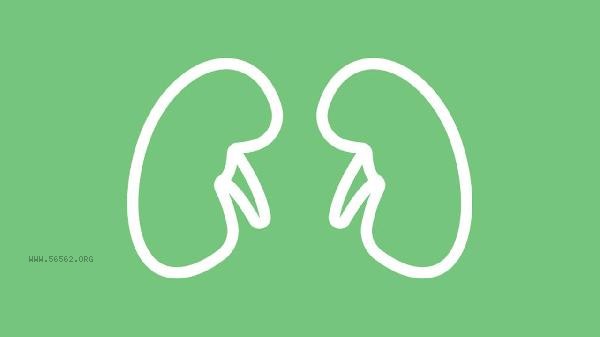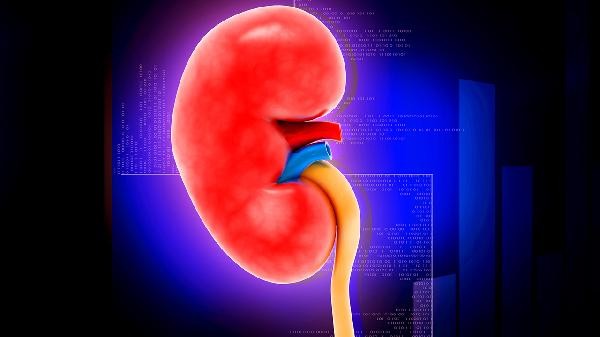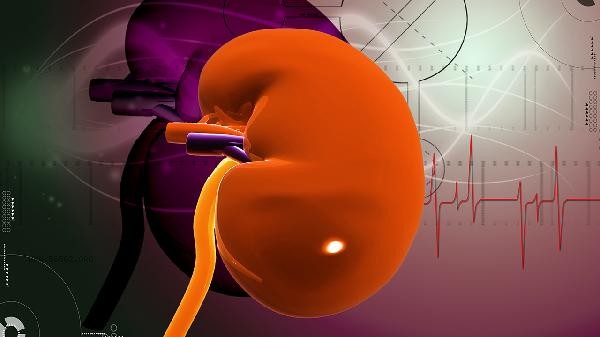Elevated creatinine levels in the elderly can be improved by controlling protein intake, increasing water intake, adjusting medication use, treating underlying diseases, and moderate exercise. The increase of creatinine level is mainly related to factors such as renal dysfunction, dehydration, side effects of drugs, complications of hypertension or diabetes, and abnormal muscle metabolism.

1. Control protein intake:
Reduce daily protein intake to 0.6-0.8 grams per kilogram of body weight, and prioritize high-quality proteins such as egg whites, fish, etc. A high protein diet can increase the metabolic burden on the kidneys, leading to an increase in creatinine production. Chronic kidney disease patients need to develop personalized diets under the guidance of nutritionists to avoid malnutrition.
2. Increase water intake:
Keep a daily water intake of 1500-2000 milliliters and drink in small portions. Adequate hydration can promote the excretion of creatinine through urine, but patients with heart failure need to follow medical advice to control their water intake. Observe changes in urine volume and color. If there is oliguria or anuria, seek medical attention immediately.
3. Adjust medication use:

Avoid using nephrotoxic drugs such as nonsteroidal anti-inflammatory drugs, some antibiotics, etc. antihypertensive drugs can choose angiotensin-converting enzyme inhibitors, but blood potassium levels need to be monitored. Any medication adjustment should be carried out under the guidance of a nephrologist and should not be stopped or changed on one's own.
4. Treatment of underlying diseases:
Strictly control blood pressure below 130/80mmHg, and meeting blood sugar standards can delay renal function deterioration. Patients with diabetes nephropathy need to use sodium glucose cotransporter 2 inhibitors. Regular testing of urinary microalbumin can detect kidney damage early.
5. Moderate exercise:
Choose low-intensity exercises such as walking and Tai Chi, 3-5 times a week for 30 minutes each time. Excessive exercise can increase muscle breakdown leading to elevated creatinine levels, while complete bed rest may accelerate muscle atrophy. Pay attention to replenishing water before and after exercise to avoid dehydration.

It is necessary to establish a long-term health management plan for elderly people to maintain a normal range of creatinine. Daily salt intake should not exceed 5 grams, and high phosphorus foods such as animal organs and carbonated drinks should be restricted. Ensure sufficient sleep and avoid staying up late to increase the burden on the kidneys. Regularly monitor renal function indicators, including blood creatinine, urea nitrogen, and glomerular filtration rate. Maintain emotional stability and avoid excessive anxiety affecting blood pressure control. Seek medical attention promptly when symptoms such as obvious fatigue, decreased appetite, and edema appear, and evaluate renal replacement therapy if necessary. Pay attention to keeping warm during seasonal changes to prevent infection and rapid deterioration of kidney function.









Comments (0)
Leave a Comment
No comments yet
Be the first to share your thoughts!